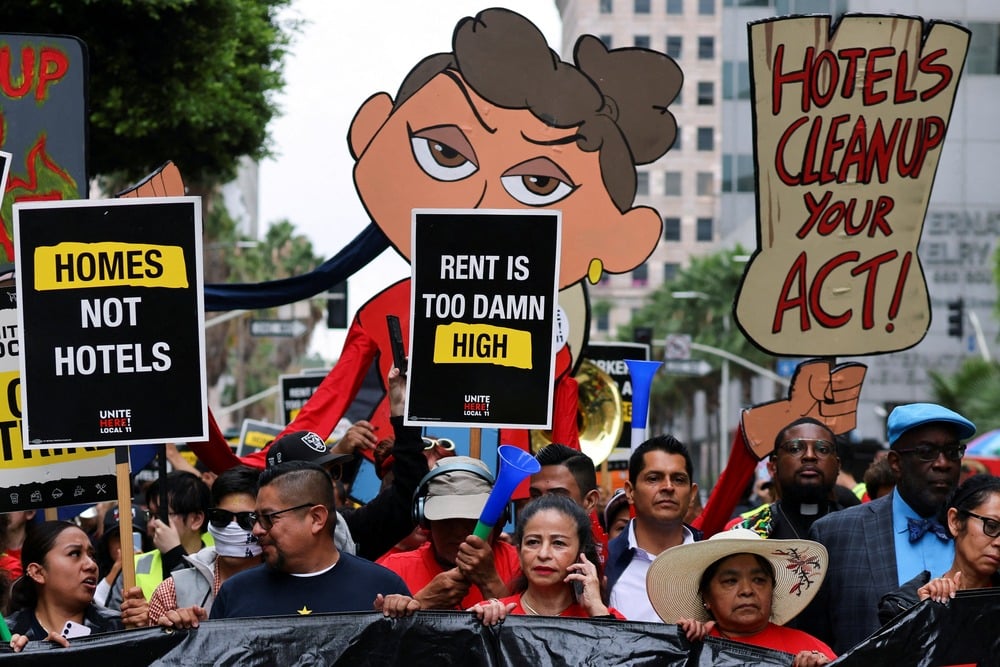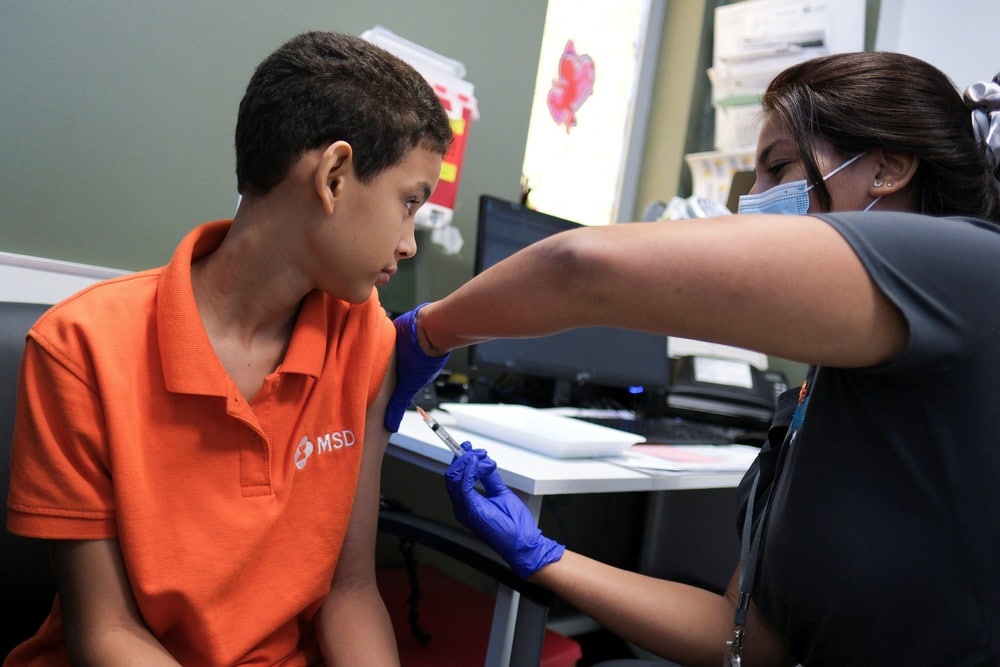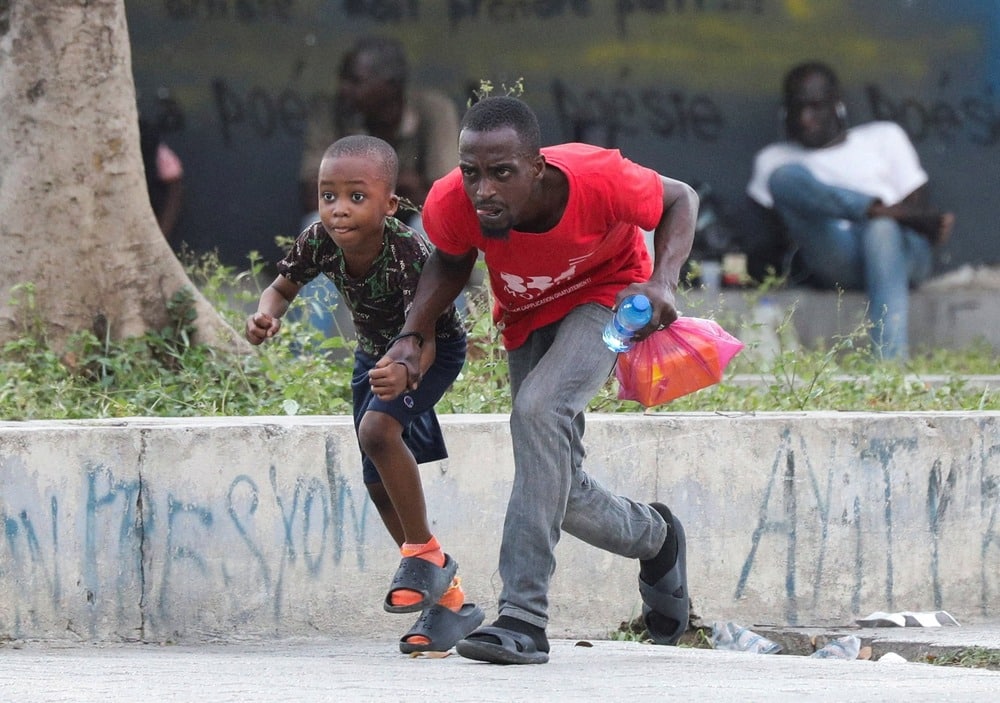
An independent national Catholic magazine edited an online essay by a popular author after receiving a threat of legal action from Word on Fire, the Catholic media organization founded by and featuring Minnesota Bishop Robert Barron.
Commonweal, an historic U.S. Catholic journal celebrating its centenary, retracted a paragraph from a recent commentary by theologian Massimo Faggioli. Word on Fire had contested a reference the essay made to how their organization and Barron, the leader of the Diocese of Winona–Rochester, have engaged with the political movement of former President Donald Trump.
An edited version of the April 22 essay, titled « Will Trumpism Spare Catholicism? » features an editor’s note that explains why the journal removed the paragraph, which had highlighted Barron’s multimedia ministry as one example of conservative Catholic initiatives in the United States that are in « varying relationship to Trumpism. »
The note reads: « With the author’s permission, the editors have removed a paragraph that originally appeared here because Bishop Robert Barron’s media ministry, Word on Fire, informed us that they consider it slander for them to be in any way associated with Donald Trump or Trumpism. »
Commonweal editor Dominic Preziosi told NCR on May 1 that the magazine was notified April 26 about a « cease and desist » letter that the Illinois-based Word on Fire sent to Faggioli, a Villanova University theologian and church historian. After consulting Faggioli, one of the magazine’s regular contributors, Preziosi said they decided on « an appropriate course of action. »
« We found it interesting that being associated with Donald Trump and Trumpism is something that Word on Fire believes amounts to actionable slander, and we thought our readers would find that interesting as well, » Preziosi said.
Reached by telephone, Faggioli declined to comment for this story. Word on Fire did not respond to multiple NCR messages seeking comment.
In his essay, Faggioli wrote about the ideological currents roiling the U.S. Catholic Church. He described what he said were overlaps between Trump’s controversial brand of right-wing nationalism and the hardline conservative Catholicism championed by outspoken figures such as Bishop Joseph Strickland, the firebrand prelate whom Pope Francis removed from leadership of his diocese in November 2023.
Six months before the 2024 presidential election, Faggioli’s essay suggested the burgeoning formation of a « Trump-Strickland axis » that he said « mixes ahistorical, magisterial fundamentalism in militant Catholicism with nationalistic impulses masquerading as concern for the ‘forgotten’ common American (white) man. »
In the retracted paragraph, which NCR archived before it was removed, Faggioli wrote of an « emerging Catholic cultural establishment » in the United States dominated by intellectual leaders of traditional, apologetics-style Catholicism that he suggested are theologically literate, hostile to modernity, and in « alignment » with Trump.
Referring to Word on Fire’s new academic-style journal, The New Ressourcement. Faggioli added that among conservative Catholics, there is « no shortage of academic and intellectual initiatives in varying relationship to Trumpism, but all anxious about orthodoxy. »
A separate editor’s citation at the end of the article indicates that that specific sentence was previously revised, ahead of the retraction, « after an edit that changed its original intent. »
Word on Fire’s strong reaction to Faggioli’s essay comes amid longrunning criticisms from some Catholics that Barron has increasingly adopted conservative political ideology in recent years/ Criticism includes ardent denunciations of « wokeism » and his frequent collaborations with right-wing influencers such as Ben Shapiro, a former editor at Breitbart News, and Jordan Peterson, an author and lecturer who has expressed a number of controversial opinions.
Barron has responded to his critics over the years by countering that he has accepted invitations to speak in forums not dominated by conservative culture warriors, such as corporate events at Facebook, Amazon and Google. He has also at times come under fire from far-right Catholic traditionalists, which prompted him in July 2020 to convene a closed-door meeting with Catholic media professionals to voice his concerns about « disturbing trends in the online Catholic world. »
On May 14, Barron is scheduled to participate in a panel discussion on addressing « the challenge of polarization in the Church today and the path forward. » The other panelists are Bishop Daniel Flores of Brownsville, Texas, and Cardinal Robert McElroy of San Diego. America Media podcast host Gloria Purvis is set to moderate the discussion.








